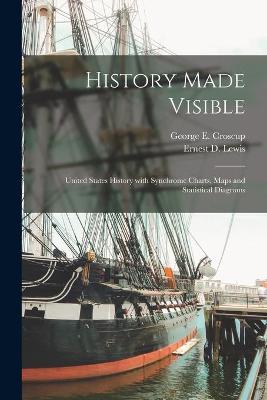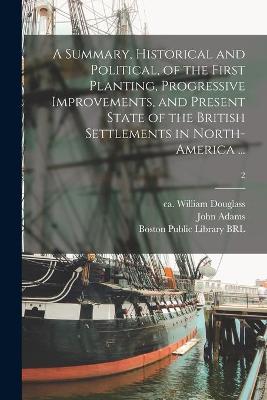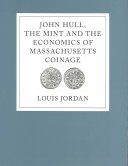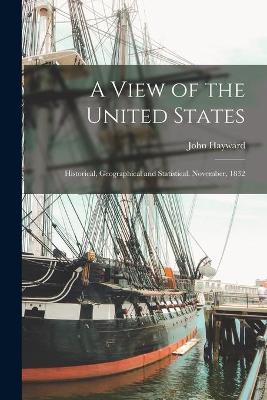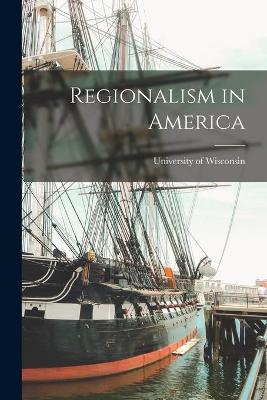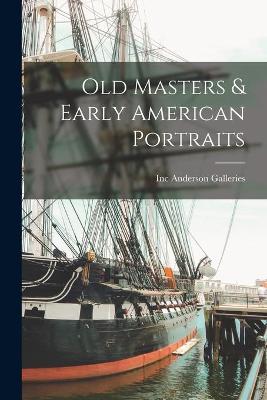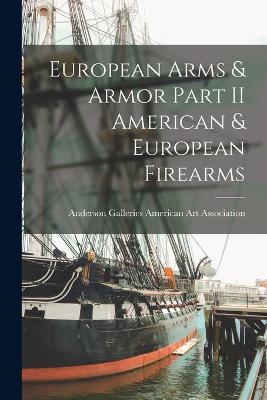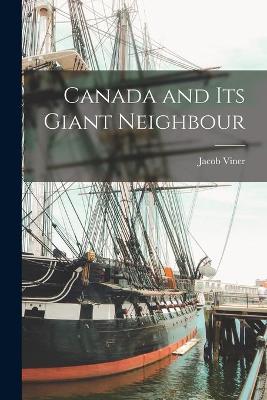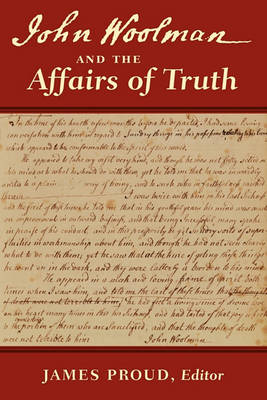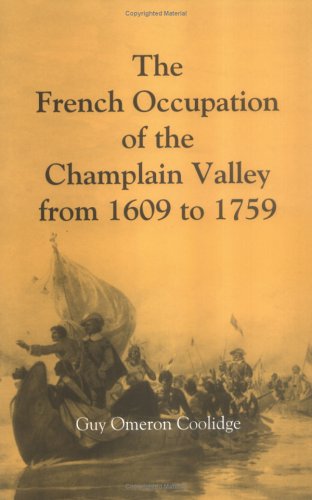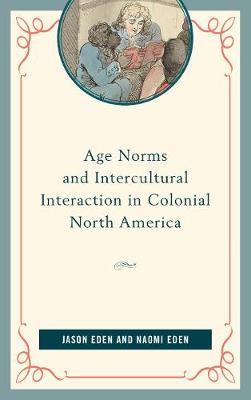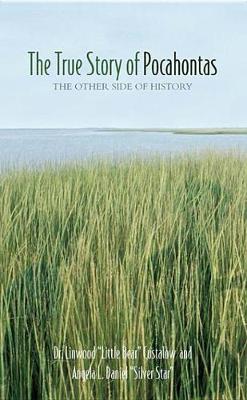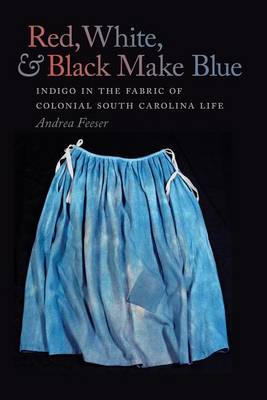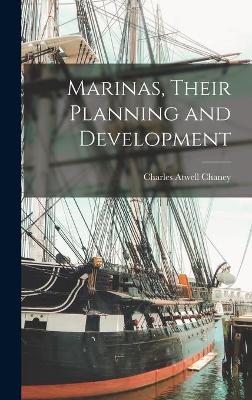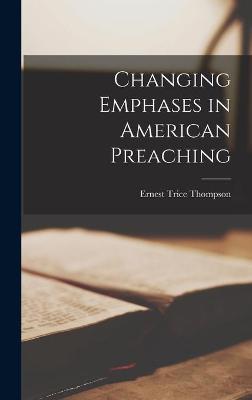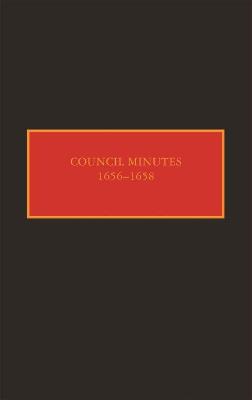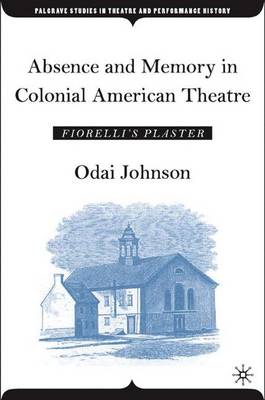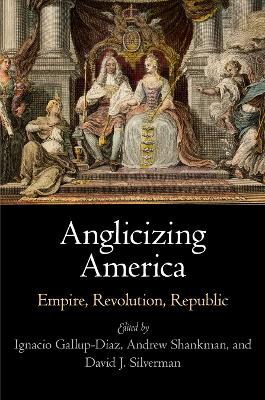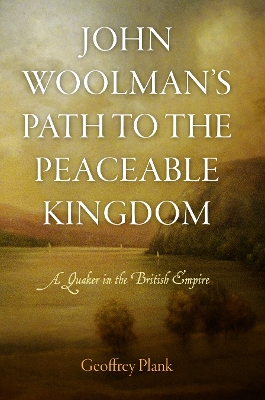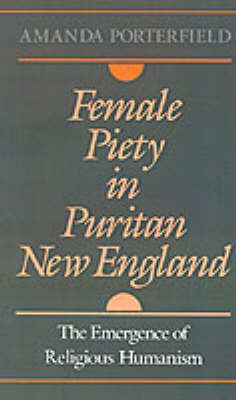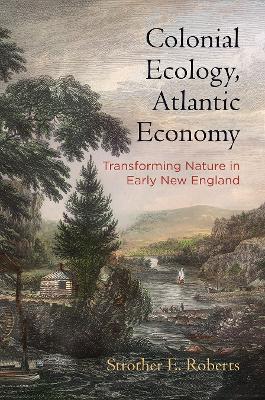John Hull, the Mint and the Economics of Massachusetts Coinage
by Louis Jordan
John Hull and Robert Sanderson officially opened the Massachusetts Bay Mint in Boston, issuing the first coins produced in what is now the United States. In celebration of the 350th anniversary of the opening of the mint, the Colonial Coin Collectors Club published John Hull, the Mint and the Economics of Massachusetts Coinage - an interpretation of original sources, resulting in a comprehensive history of the Massachusetts Mint from its founding in 1652. Using the surviving ledger of John Hull,...
John Woolman and the Affairs of Truth
by John Woolman and James Proud
This edition gathers into one volume and in chronological order all of the known essays, epistles, and other works which Woolman intended for general readers, excluding the Journal. While some, but not all, of the essays have been published at various times, and while several of the epistles in the Texts have been incorporated into printed versions of the Journal, most of the ephemera in Texts 7 A, B, C, D, E, and F have never before been published and the children's primer in Text 10, as well a...
The French Occupation of the Champlain Valley from 1609 to 1759
by Guy Omeron Coolidge
Age Norms and Intercultural Interaction in Colonial North America
by Jason Eden and Naomi Eden
This interdisciplinary study examines how age norms shaped the experiences of Europeans, Native Americans, and African Americans in colonial North America, exploring how diverse population groups conceptualized the human life course and how they adhered to culturally specific sets of beliefs about the young and old. Utilizing evidence drawn from a variety of secondary and primary sources, the authors also show that, as various cultural groups interacted in colonial North America, their views of...
Red, White, and Black Make Blue: Indigo in the Fabric of Colonial South Carolina Life
by Andrea Feeser
Changing Emphases in American Preaching
by Ernest Trice 1894-1985 Thompson
The latest contribution to the New Netherland Documents series, this volume provides a translation from the Dutch of the proceedings of New Netherland's council meetings from 1656 to 1658. Included among the minutes is the 1657 Flushing Remonstrance, a protest for religious tolerance, which will be placed in its historical context for the first time. In addition, this volume contains a glossary of terms, a key to abbreviations, a detailed introduction, and an appendix containing information abou...
Absence and Memory in Colonial American Theatre (Palgrave Studies in Theatre and Performance History)
by O Johnson
History, they say, has a filthy tongue. In the case of colonial theatre in America, what we know about performance has come from the detractors of theatre and not its producers. Yet this does not account for the flourishing theatrical circuit established between 1760 and 1776. This study explores the culture's social support of the theatre.
Anglicizing America (Early American Studies)
The thirteen mainland colonies of early America were arguably never more British than on the eve of their War of Independence from Britain. Though home to settlers of diverse national and cultural backgrounds, colonial America gradually became more like Britain in its political and judicial systems, material culture, economies, religious systems, and engagements with the empire. At the same time and by the same process, these politically distinct and geographically distant colonies forged a shar...
John Woolman's Path to the Peaceable Kingdom (Early American Studies)
by Geoffrey Plank
The abolitionist John Woolman (1720-72) has been described as a "Quaker saint," an isolated mystic, singular even among a singular people. But as historian Geoffrey Plank recounts, this tailor, hog producer, shopkeeper, schoolteacher, and prominent Quaker minister was very much enmeshed in his local community in colonial New Jersey and was alert as well to events throughout the British Empire. Responding to the situation as he saw it, Woolman developed a comprehensive critique of his fellow Quak...
Female Piety in Puritan New England (Religion in America)
by Amanda Porterfield
Amanda Porterfield documents the claim that for Puritan men and women alike the ideals of selfhood were conveyed by female images. Constructed largely by men, Porterfield argues, these female images taught self-control, shaped pious ideals, and also established the standards against which the moral character of actual women was measured. Porterfield's work reflects a synthesis of literary critical and historical methods, combining analysis of Puritan theological writings with detailed examinatio...
Colonial Ecology, Atlantic Economy (Early American Studies)
by Strother E. Roberts
Focusing on the Connecticut River Valley—New England's longest river and largest watershed— Strother Roberts traces the local, regional, and transatlantic markets in colonial commodities that shaped an ecological transformation in one corner of the rapidly globalizing early modern world. Reaching deep into the interior, the Connecticut provided a watery commercial highway for the furs, grain, timber, livestock, and various other commodities that the region exported. Colonial Ecology, Atlantic Ec...
American History A Day at A Time - September (American History a Day at a Time, #9)
by Paul R Wonning
